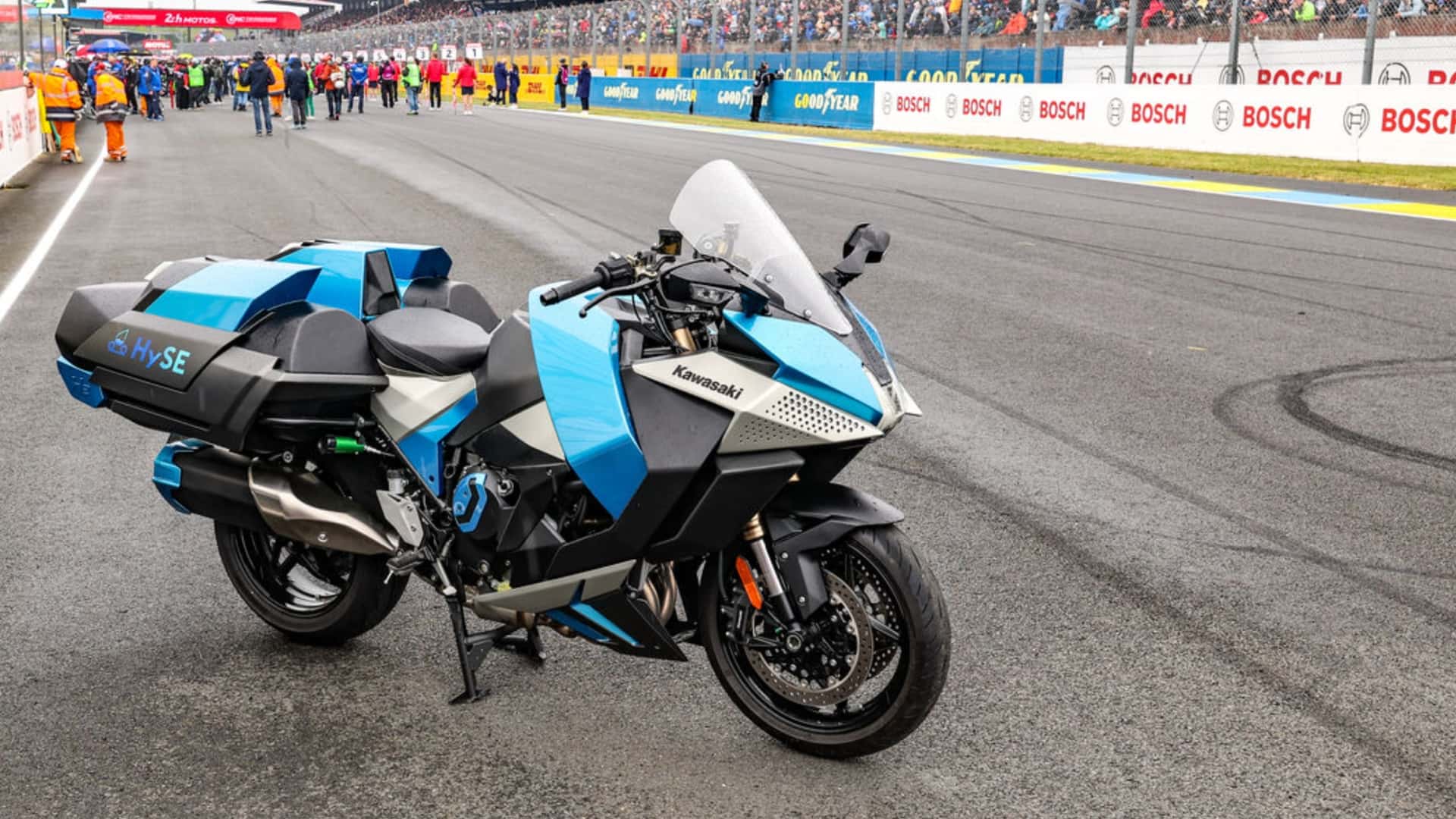Could This Hydrogen Fuel Cell Revolutionize Motorcycles?

Breakthrough in Hydrogen Fuel Cell Technology
Researchers from Japan have made a significant breakthrough in hydrogen fuel cell technology, potentially paving the way for more practical and scalable applications. This development could revolutionize clean mobility, especially for motorcycles and powersports vehicles.
Hydrogen has long been seen as a promising alternative to traditional fossil fuels. Automakers like Toyota and Honda have been showcasing hydrogen fuel cell cars for years, while companies such as Yamaha and Kawasaki have explored hydrogen engines and even built hydrogen-fueled prototypes. Despite these efforts, the technology has remained too expensive and complex for everyday use.
One of the main challenges with hydrogen fuel cells is the issue of heat. The most efficient type, known as a solid-oxide fuel cell (SOFC), requires operating temperatures above 700 degrees Celsius. At such high temperatures, special and costly materials are needed to prevent damage. While this makes SOFCs suitable for industrial applications, it limits their use in consumer vehicles like motorcycles.
A team at Kyushu University in Fukuoka believes they have solved this problem. They have developed an SOFC that operates efficiently at around 300°C, significantly reducing the need for expensive heat-resistant materials. This advancement could lead to smaller, cheaper, and more practical fuel cells suitable for consumer vehicles.
The key to their breakthrough lies in the electrolyte, which facilitates the chemical reaction that converts hydrogen into electricity. Traditionally, adding certain chemicals to enhance performance often leads to clogging and reduced efficiency. The Kyushu team discovered a new formula using barium stannate and barium titanate mixed with scandium. This combination creates what they call a "proton highway," allowing hydrogen to flow smoothly and efficiently without obstructions.
For non-scientific audiences, this means potential advancements in hydrogen-powered vehicles. Unlike Kawasaki’s hydrogen H2, which still uses combustion, or Yamaha’s hydrogen V8s, which aim to maintain the feel of internal combustion engines, Kyushu University's approach aligns more closely with Toyota’s Mirai. However, it offers the possibility of scaling down and making hydrogen fuel cells more affordable.
Imagine a motorcycle powered by a compact fuel cell instead of a large battery. This would provide the smooth, instant torque of an electric vehicle but with the convenience of quick refueling and a longer range. Zero emissions, fast refueling, and long range—these features make hydrogen a compelling option for future transportation.
While this is still early days, the potential impact is significant. Hydrogen infrastructure remains underdeveloped, and integrating lab breakthroughs into vibration-sensitive and size-sensitive applications like motorcycles presents challenges. However, the progress made by Kyushu University suggests that hydrogen technology is moving closer to mainstream adoption.
Japan’s leading companies are taking different approaches to hydrogen. Kawasaki focuses on burning hydrogen, Yamaha develops engines around it, and Toyota integrates it into cars. Kyushu University’s work adds another dimension, offering a more cost-effective and accessible solution for generating electricity from hydrogen.
This breakthrough shifts the conversation from "maybe one day" to "maybe sooner than we think." If hydrogen-powered motorcycles become a reality, they could offer the convenience of gas-powered vehicles with the cleanliness of electric ones. While a hydrogen superbike at next year’s Tokyo Motor Show might be unlikely, developments like this keep the future of clean mobility exciting and worth watching.
Potential Applications and Future Outlook
The implications of this technology extend beyond just motorcycles. It could also influence other forms of transportation, including ATVs and robots. For example, Kawasaki has already built a hydrogen-powered robot horse, demonstrating the versatility of hydrogen technology.
As research continues, the focus will likely shift towards overcoming infrastructure challenges and ensuring reliability in real-world conditions. With ongoing innovations, hydrogen fuel cells may soon become a viable and sustainable alternative to traditional energy sources, reshaping the landscape of clean mobility.
Comments
Post a Comment